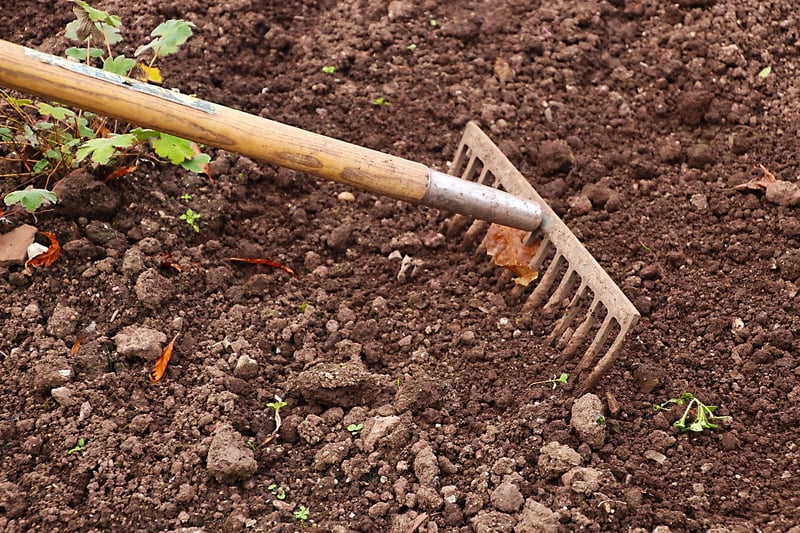Nutrient Management
Keep Your Garden Thriving with Proper Nutrient Management
Having a successful garden requires more than just watering your plants regularly. Nutrient management is a crucial aspect of gardening that is often overlooked but can make a significant difference in the health and productivity of your plants. By understanding the nutrients your plants need and how to provide them, you can ensure that your garden thrives throughout the growing season.
The Importance of Nutrients
Plants require a variety of nutrients to grow and develop properly. These nutrients can be broadly categorized into macronutrients, which are needed in large quantities, and micronutrients, which are required in smaller amounts. The primary macronutrients that plants need are nitrogen, phosphorus, and potassium, often abbreviated as N-P-K. In addition to these, plants also need micronutrients such as iron, manganese, and zinc to thrive.
Testing Your Soil
Before you can effectively manage the nutrients in your garden, it's essential to know the current state of your soil. Conducting a soil test can provide valuable information about the pH level of your soil and the levels of nutrients present. You can then use this information to determine which nutrients your plants may be lacking and make informed decisions about fertilizing.
Choosing the Right Fertilizer
Once you have identified the nutrient deficiencies in your soil, you can choose the right fertilizer to address them. Fertilizers are labeled with three numbers that indicate the percentage of nitrogen, phosphorus, and potassium they contain. For example, a fertilizer with the numbers 10-10-10 contains 10% nitrogen, 10% phosphorus, and 10% potassium.
Applying Fertilizer Properly
It's essential to apply fertilizer correctly to avoid over-fertilizing, which can harm your plants and leach excess nutrients into the environment. Follow the instructions on the fertilizer package carefully, and consider using organic fertilizers that release nutrients slowly and are less likely to burn your plants.
Monitor and Adjust
Regularly monitor your plants for signs of nutrient deficiencies, such as yellowing leaves or stunted growth. Adjust your fertilization schedule as needed to ensure that your plants are getting the nutrients they require. Remember that different plants have different nutrient needs, so it's essential to tailor your nutrient management plan to the specific requirements of each type of plant in your garden.
Conclusion
By paying attention to the nutrient needs of your plants and implementing a sound nutrient management plan, you can keep your garden healthy and thriving. Remember to test your soil, choose the right fertilizer, apply it properly, and monitor your plants for optimal results. With proper nutrient management, you can enjoy a bountiful harvest and beautiful, vibrant plants in your garden.

References: Gardening Know How, University of Minnesota Extension
